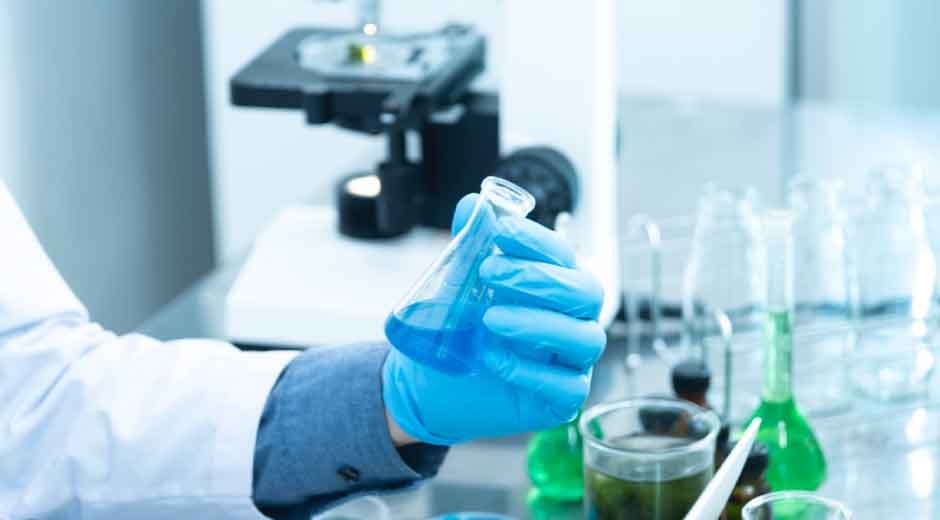Biomarker discovery has emerged as a game-changer in healthcare, revolutionizing the way diseases are detected, monitored, and treated. But what exactly are biomarkers, and why is their discovery so critical to the future of medicine? This blog post will break down the basics of biomarker discovery, its importance, and the exciting advancements shaping this field.
Table of Contents
What Are Biomarkers?
Biomarkers, short for biological markers, are measurable indicators of a biological state or condition. Think of them as the fingerprints that your body leaves behind when something is happening internally. They can include:
- Moleculeslike proteins, lipids, and nucleic acids found in blood, tissues, or other bodily fluids.
- Physiological measuressuch as blood pressure or heart rate that indicate changes within the body.
- Imaging featuresseen through MRIs or CT scans that point to disease progression.
These biomarkers provide valuable insight into the body’s normal functions, diseases, and responses to treatments.
Why Is Biomarker Discovery Important?
Discovering new biomarkers is at the heart of precision medicine. Here’s why it matters:
1. Early Disease Detection
Biomarkers can detect diseases at an earlier stage than traditional methods. For instance, cancer biomarkers like PSA for prostate cancer or CA-125 for ovarian cancer help identify conditions before symptoms even appear, increasing the chances of successful treatment.
2. Personalized Treatments
Biomarkers pave the way for personalized medicine. By studying biomarkers, clinicians can tailor treatments to a patient’s unique biological makeup. For example, HER2 is a biomarker used to decide if patients with breast cancer should receive targeted therapies like trastuzumab (Herceptin).
3. Monitoring Disease Progression
Once a patient is diagnosed, biomarkers can help monitor the progression of their condition and the effectiveness of their treatment. For chronic diseases like diabetes, biomarkers like HbA1c are critical for tracking long-term blood sugar control.
4. Drug Development
Biomarkers play a pivotal role in the development of new drugs. Pharmaceutical companies use biomarkers to identify which patients are likely to respond to a treatment, improving the efficiency of clinical trials and reducing costs.
Key Steps in Biomarker Discovery
Discovering effective biomarkers is no small feat and involves a highly systematic approach. Here are the key steps:
1. Sample Collection
Biomarker discovery begins with collecting biological samples like blood, urine, tissue, or saliva. These samples undergo rigorous analysis to identify potential markers.
2. Omics Analysis
Cutting-edge technologies like genomics, proteomics, and metabolomics are used to analyze the samples. These methods generate vast amounts of data that researchers can mine for potential biomarkers.
3. Biostatistical Validation
Not every potential biomarker makes the cut. Researchers use advanced biostatistics and machine learning to identify which biomarkers are reliable and clinically relevant.
4. Clinical Validation
Validated biomarkers are then tested in real-world clinical settings to ensure they’re accurate and beneficial. This step is crucial before the biomarker can be routinely used in healthcare.
5. Regulatory Approval
For biomarkers to be formally integrated into standard practice, they must pass strict regulatory approvals that demonstrate their effectiveness and safety, often requiring insights from a compounding pharmacy consultant to ensure proper implementation.
Challenges in Biomarker Discovery
While biomarker discovery is promising, it’s not without its challenges:
- Data Overload:High-throughput technologies generate enormous amounts of data, making it challenging to pinpoint meaningful biomarkers.
- Validation Hurdle:Many biomarkers fail in the validation phase, as it’s often difficult to match lab results to real-world clinical outcomes.
- Cost and Time:The process of discovering, validating, and gaining approval for biomarkers can be costly and time-intensive.
Exciting Advancements
Despite these challenges, the field of biomarker discovery is advancing rapidly thanks to innovation:
- AI and Machine Learning:Artificial intelligence algorithms are accelerating the identification and analysis of potential biomarkers from complex datasets.
- Liquid Biopsies:Non-invasive techniques like liquid biopsies are making it easier to detect biomarkers in blood and other fluids.
- Multi-Omics Integration:Combining data from genomics, proteomics, and metabolomics provides a comprehensive approach to discovering robust biomarkers.
The Future of Biomarker Discovery
The future of biomarker discovery holds immense promise. From enabling earlier disease detection to making treatments more precise and personalized, biomarkers are set to transform healthcare as we know it. Innovations like AI, CRISPR gene editing, and cutting-edge imaging technologies will undoubtedly accelerate this process, leading us closer to a world where diseases can be detected and treated with unparalleled accuracy.
Conclusion
Biomarker discovery is driving advancements in healthcare, offering immense potential despite ongoing challenges. Staying updated on this evolving field is essential for professionals in medical, research, and biotech industries to remain ahead.
